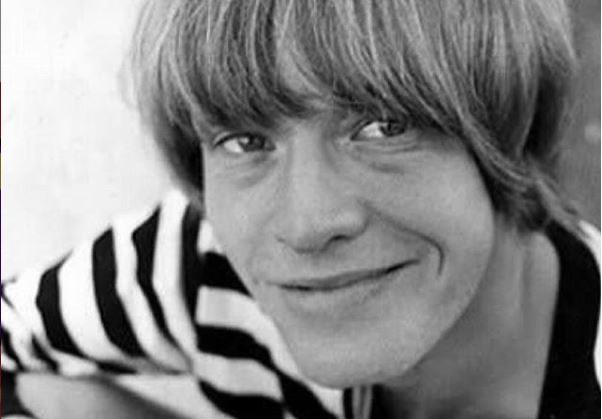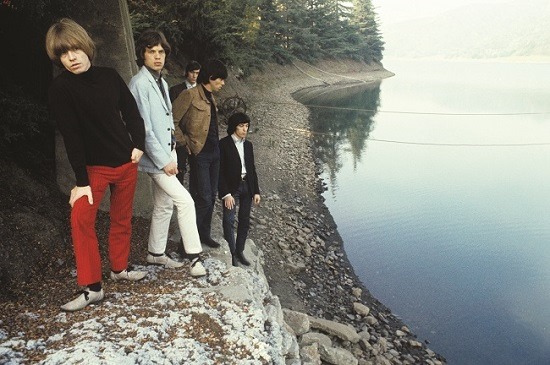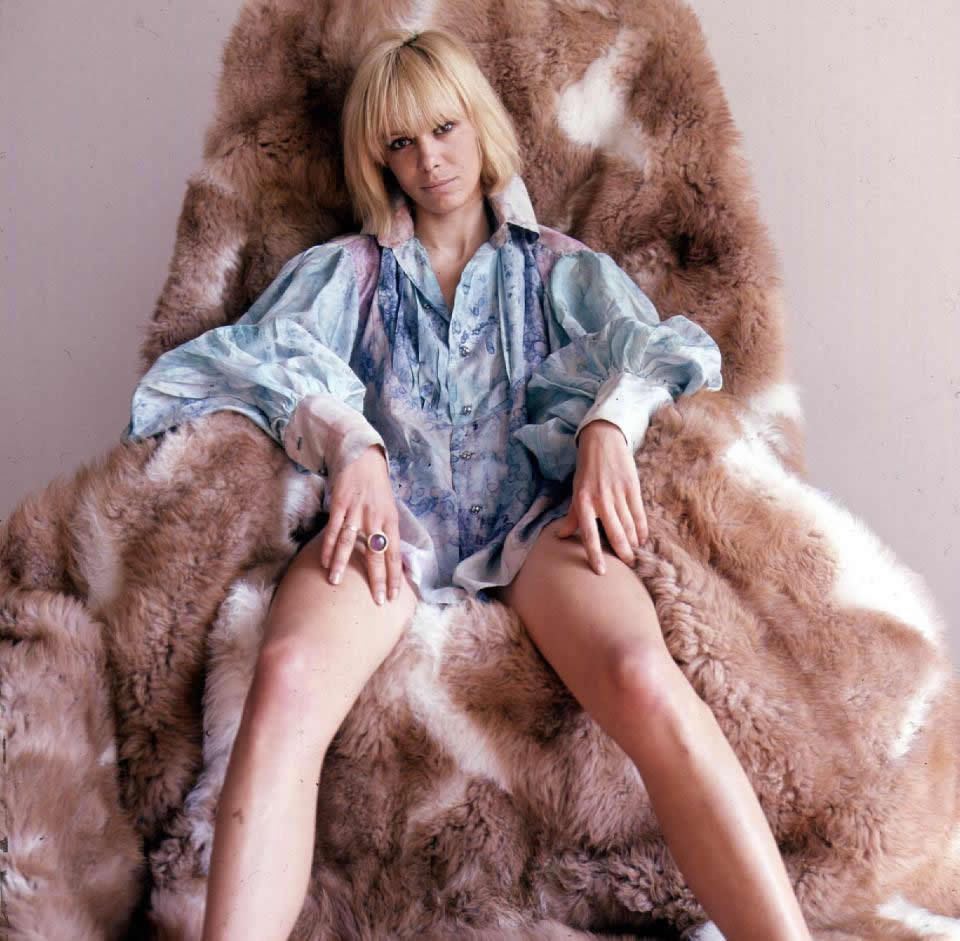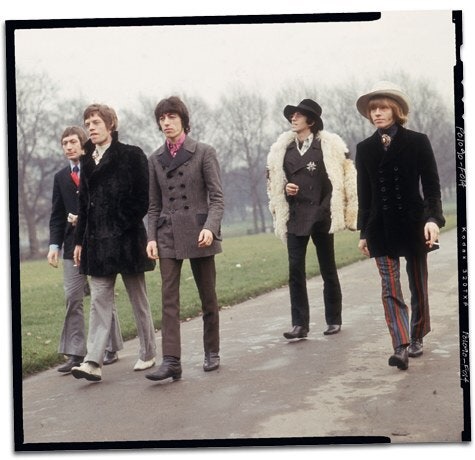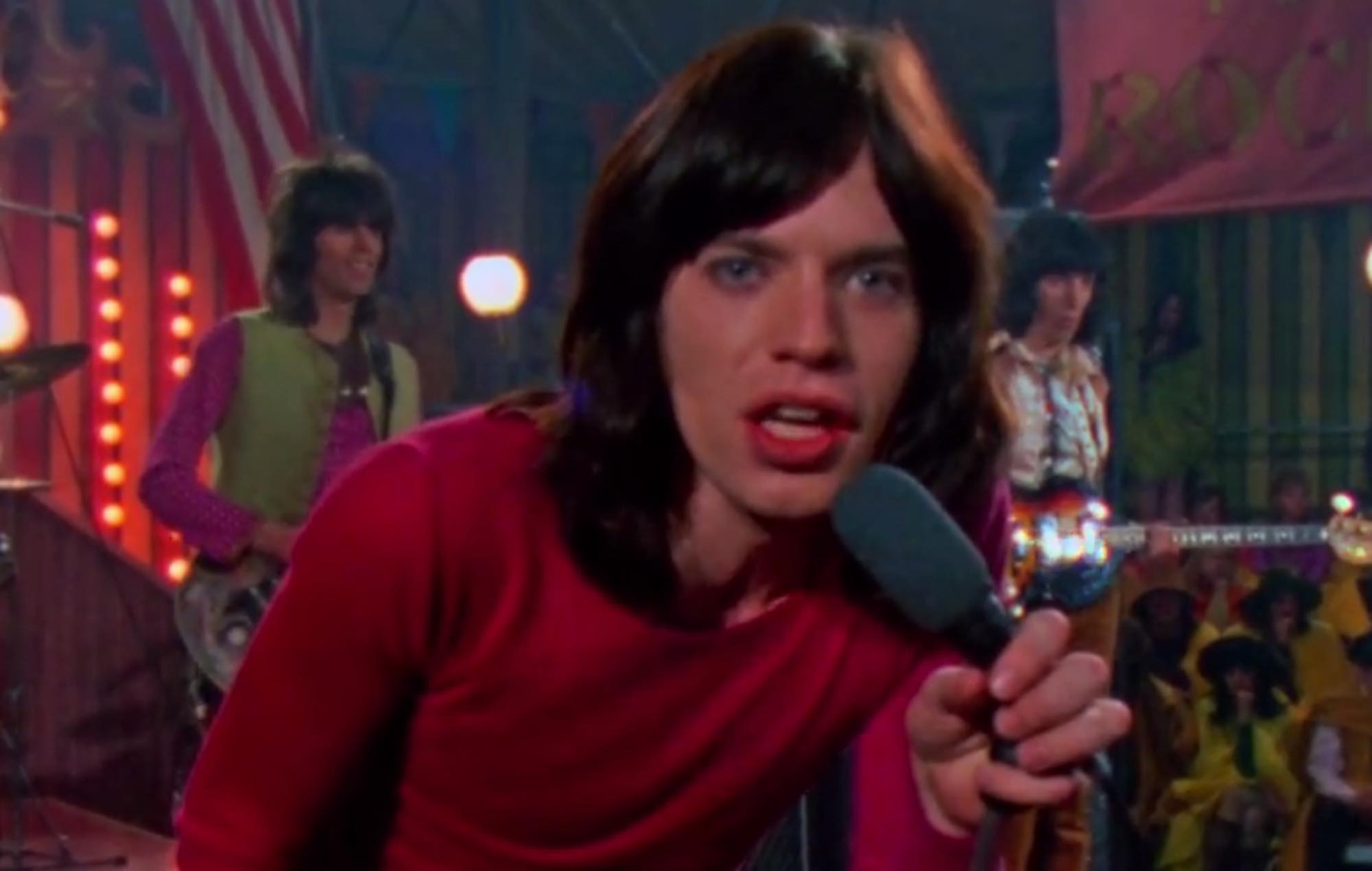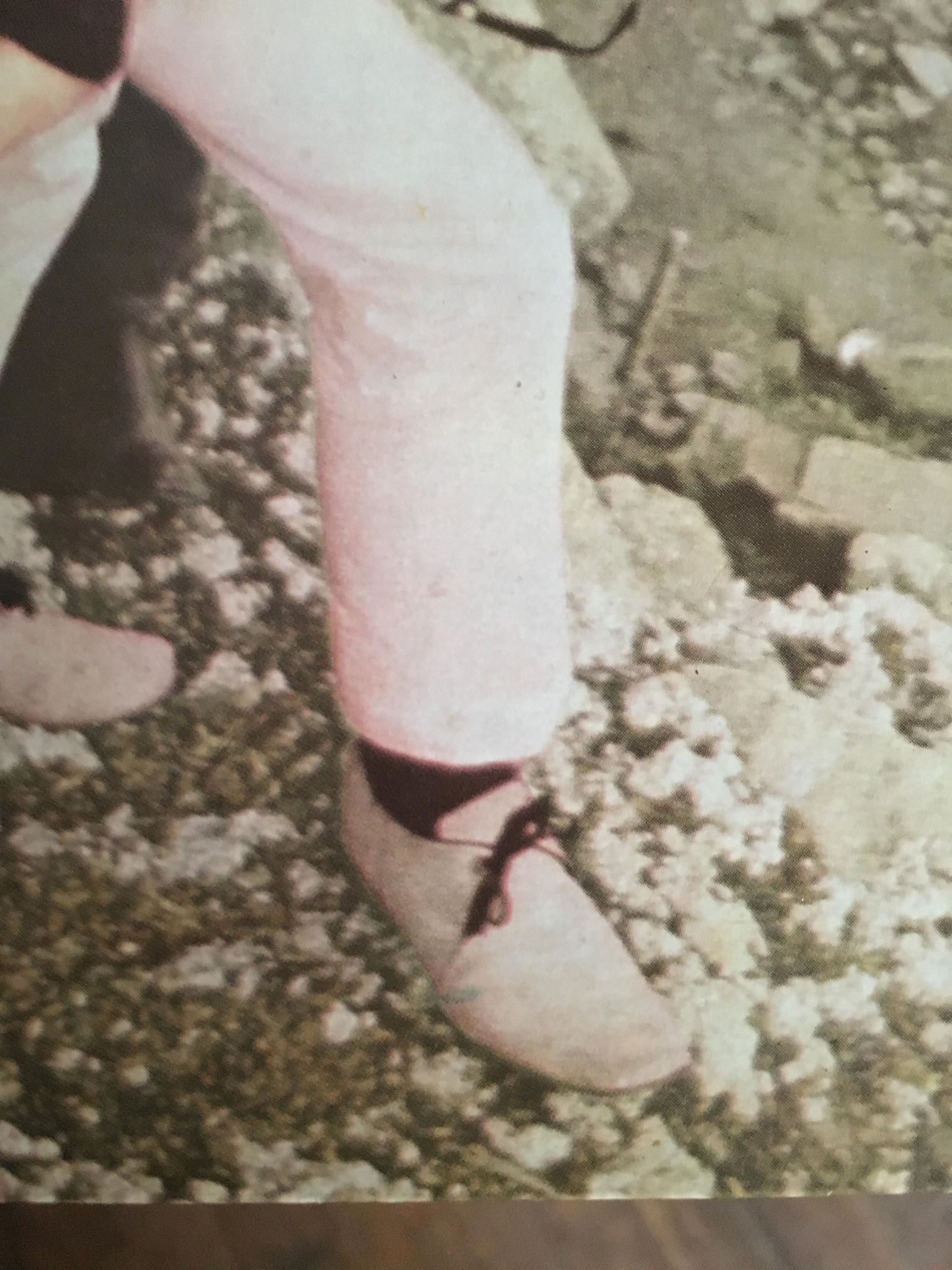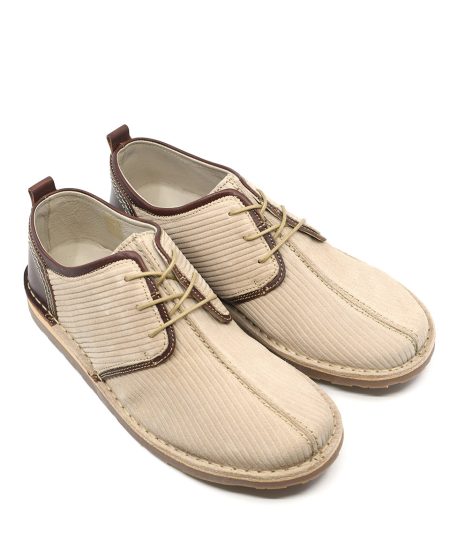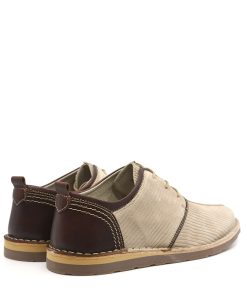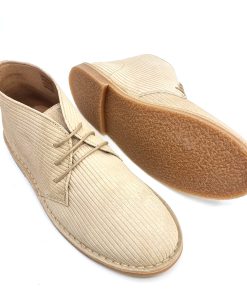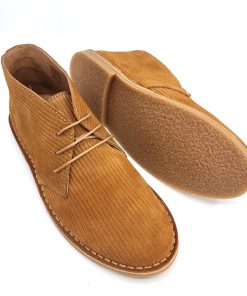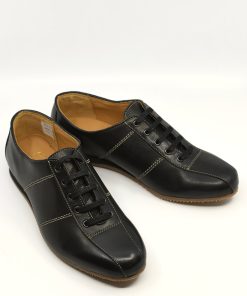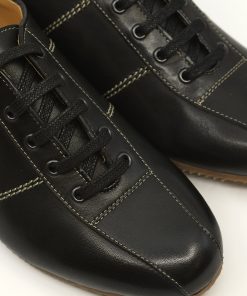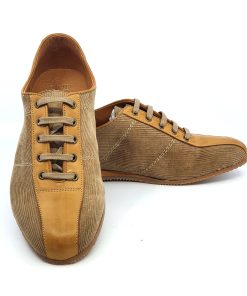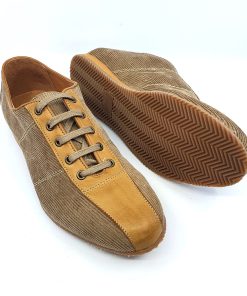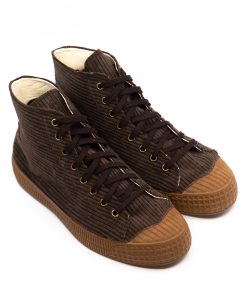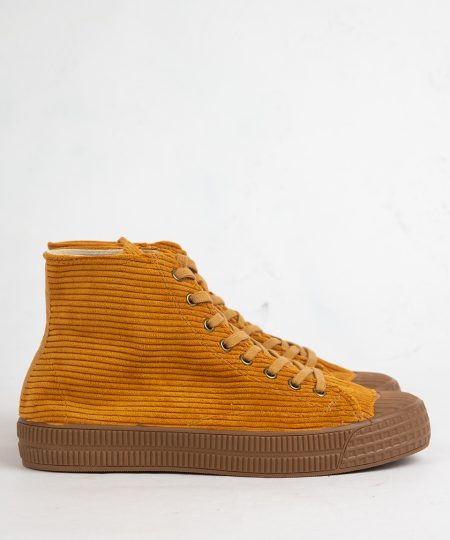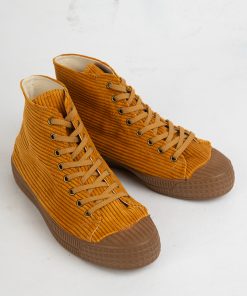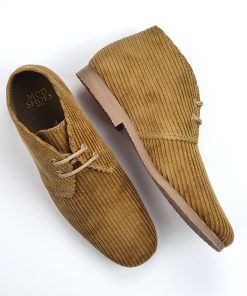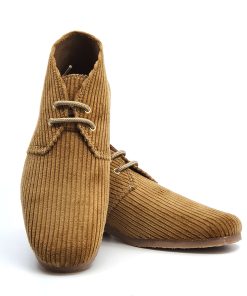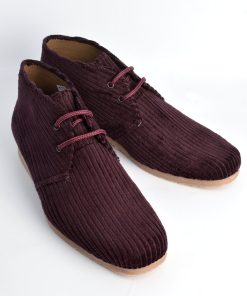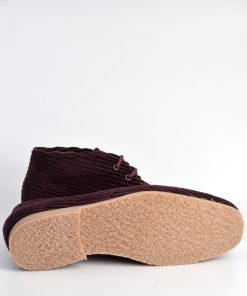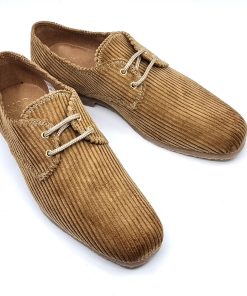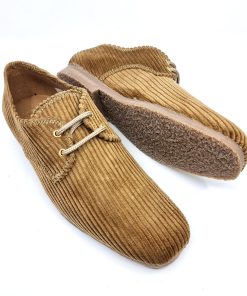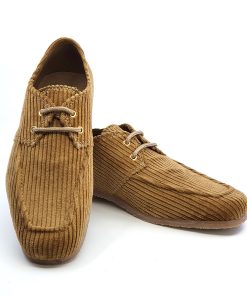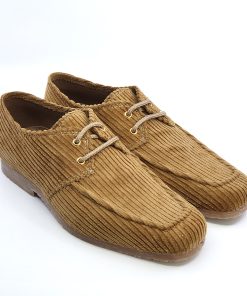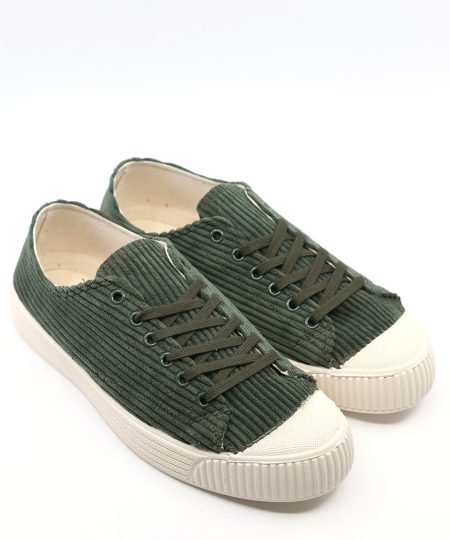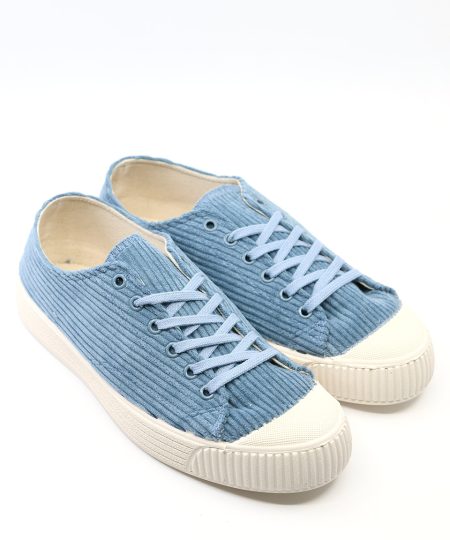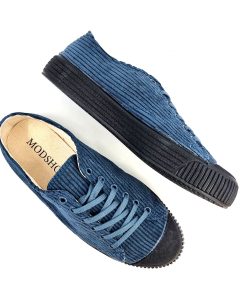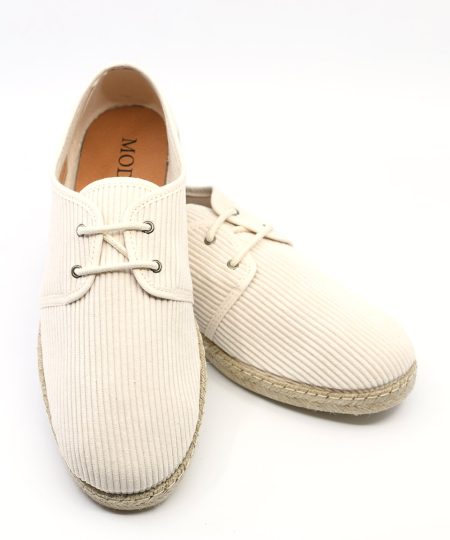Interview with Andy Morling
Male Interviewer: Well, hi guys here we are with Andy Morling. He’s because it’s the wrong way
Around, no that’s still wrong, he’s there. He is the author of Mod Ghosts it’s a brilliant book if you have a quick look inside, you’ll see that’s pictures and the stories. It’s not a novel, which I think some people might have thought it was at first. It’s got loads of stories which are going to chime with lots of our audience. But, that’s enough about me talking about it. Andy, what’s it about?
Interviewee: Yeah. I think the title was an issue for me. First of all, good evening everyone. Uhm! yes so, the title thing has been a bit of a looking back on it possibly a bit of a mistake because as you said people thought it was a novel. People were, where would a ghost to fit into the mod city. And the thinking behind it was two things. I suppose one was the depressed petit Jam song, you probably know, it was originally going to be called ghosts on its own but, I thought that’d be even more accessible to the mod crowd. But mod ghost is about, the original idea came out my twitter feed back in 2016 I started which was comparing photographs from the revival with the exact same location in the present day, but the idea was to show how things had changed and that the place it was still there, but the things had moved on. And that then so that was the basis of the book, it was to be a photograph book a book of photograph. And then when I got people contributing their photographs, I thought you know what some of these stories are just as fascinating as the photographs themselves and how people had moved on too. So, we’ve all kind of, we’ve all changed we have all gained weight and lost a bit of hair over the years. But actually intrinsically, the people wouldn’t stay the same too. So, it’s two things; one was the locations had changed and secondly the people had changed. So, it’s back charting how those two things that happened over the last 40 years or so.
Male Interviewer: Okay so do you think, do you think the attraction of more especially in the early eighties was everything music style guys, girls, guys and probably dare I say at the Jam? Do you hear…
Interviewee: For me personally I speak for myself really Andy to me it was really about something that’s different I was a little bit too young for punk first time around and actually I’m glad that was the case because I wanted something that was new for me. So, I was hitting puberty just around the time that the motor driver was starting yeah when I saw secret affair on top of the
pops that Thursday night in 79, I thought what the hell is this? It was so different to the… to what’s
happening at the time you know. People were dressing like… I’m talking my language clean, but dressing badly around that time, towards the end of the 1950’s. And what I saw were these guys that were dressing smart and I, from a working-class background, I didn’t see people dressing like that, you know what I mean, I hadn’t been brought up around people wearing suits. So, to see this on the TV was just absolutely amazing and I was like, that’s going to be me.
Male Interviewer: But Andy is it also about the suits? The suits aren’t like the suits your teachers wore at school you know; they were like cool suits you know, and I put it on here you know one of the
question is you grew up in Ipswich I grew up in Cottenham. So, do you think us, our towns had a different take on it because we wouldn’t have seen perhaps X mods just walking around like they might have done in London. Do you see where I am going with this?
Interviewee: Yeah, I think it was harder in many ways because also being out of central London or out of London we didn’t have the touring bands coming to us, so we didn’t get to understand cigarette fare in our hometown we didn’t get a chance to see some of the big mod bands playing in our local you know our local event hall. We just didn’t have access to that we didn’t have access to the shops that perhaps London mods had so it’s a bit more, I think a bit more introspective. I think for us in the provinces, we had to work harder to find things. And therefore, recorded music was more important to us than perhaps live music. That’s how it was to me.
Male Interviewer: I think that’s very true you know. I know for me; it was about the records you know, and it seemed that seemed like another world away. But it’s interesting you know a lot
mods from the 60s could sometimes look down on us you know. And it brings us to this next question
which you’ve touched upon already I thought it was hard, it felt like hard work you’ve been chased by
Skinner’s and casuals, you understand? you see where I’m going with that?
Interviewee: Yeah yeah. I think it was harder in many ways though because if you think back to the original 60s mods, they were essentially wearing the best clothing, the contemporary clothing of their time. That was contemporary clothing they were listening to contemporary music in the 80s, late 70s we would have swing massively against the tide. We were looking for clothing that was you, know 20 years old and looking for music that was 20 years old, so it was that much harder for us in that we have the dig really deep try and find the stuff we wanted. Original mods had it easy. They were just wearing the good stuff of the day and listening to the good stuff of the day.
We had a doubly hard in the provinces I think we had that if I could we resort of temporarily distant from the original mod scene and secondly, we were distant from the sort of beating heart which was undeniably London and I covered that book a little bit in the book about the difference between the London scene and the provincial scene.
Female Interviewer: And talking about stories there, you covered a lot of things in the book. There are countless stories in the book and ones which we resonate with the audience we have tonight. And one of them is about hiding out in second-hand shop the records in second-hand shops and then going back for them a week later. Was it good to hear about lots of different people from all over the place doing that as well and it wasn’t you know just you doing it, it was quite a few people?
Interviewee: It was. Do you know what it was funny because as I read the story the people were sending into me and saying you know what I use to do exactly the same thing. I know there was
a very which was I remember going into the dole office or the job centres it was in those days going to the job centre seeing a job on the sort of job boards and then pinching the little card that had the job on it and shoving it you know in my pocket so that no one else could apply for the job. I think subterfuge were quite big things in the late seventies it was kind of yeah fascinating reading those stories and to write them and to capture them for history I think as well you know those things our grandchildren will look at maybe in 20, 30 years’ time they’ll look back and think wow that was a strange way of living you know.
Male Interviewer: Yeah it was a stranger a living
it’s madness to be into something… anyway.
Interviewee: Sorry the extent to which we used to, breaking the law was kind of mainstream
you know I sort of explored in the books about some of the ways that we get around the absence of an appropriate motorcycle license you know. This was really clever stuff it was it makes me wince a little bit to think that you know we broke the law to that degree.
Male Interviewer: Haidee pillar said on one of his recent mod casts he said he said he didn’t have
a MOT or insurance or something else for two years and he didn’t know what they were. Nobody had ever sort of said have you got a scooter? Now you need to go and buy, and it wasn’t until we met someone in somewhere in northern London northern London and they say have you got it you know and that’s ridiculous. Anyways, sorry.
Interviewee:To ride or I mean anything that drink driving, or you know riding a scooter when had drinks. I can recall going home one night and came around the corner of my street, it’s my home address and I went straight into the back of a Volkswagen Beetle with my my scooter and it kind of just wedged there it just wedged in the back of this this big and I just thought I’ll just leave it and I left it and went into my house. Got up in the morning and pulled it back out and off I went. You didn’t event think that that, insurance really didn’t matter back then.
Male Interviewer: Asked the question about scooters Jenny, you got one there about scooters? The next question?
Female Interviewer: Yea I’ve got one. So, did you like the fact that scooters were relatively cheap, and it was a good way of transport for 16- and 17-year olds back in the day?
Interviewee: Well, I don’t know where you were buying the scooters from, but they weren’t cheap back where I was buying them. I think around 30 pounds a week was my first job around that time. Yeah yeah you know that’s not a lot of money. I think my first scooter was 150 quid which today
yeah relatively inexpensive. But at the time that’s a lot of money. Still yea yeah and a good sort of month’s wage and I couldn’t afford anything like the scooters nowadays. But to me it was
more about the scooters themselves they were just before 20 before it’s how beautiful they are as objects I was quite happy to sit and look at a scooter or sit on a scooter and have no problems of that
because they are just intrinsically beautiful things in my opinion. But they certainly weren’t cheap
back in the eighties where am concerned.
Male Interviewer: You could get cheap scooters but like you said you had to know someone who knew someone.
Interviewee:): yeah
Male Interviewer: This, we’ve got, I’ve got to ask some obvious questions being a shoe shop. Did you have a favourite shoe in that period?
Interviewee: I did and still the same one that I have today to be honest. I’m a man of simple things so, I like the versatility you can’t beat the versatility of dessert boots. I have to say that’s the
thing that stood the test of time for me right from back in the early days to the present day. I have problems finding good quality ones these days I must admit unless you want to pay the big money, but a desert boot absolutely was my shoe.
Male Interviewer: Yeah, I’d have to agree but like we just try, and we’ve been trying to find them to sell but that’s not ours.
Interviewee: And I wasn’t attracted particularly to the sort of more exotic, you know Jam shoes and those kinds of things and the bowling shoes or sort of too colourful for my liking I think. But dessert boots absolutely.
Male Interviewer: Okay and you quite an advocate of sort of Chicago house music which I
quite liked as well I see is a simple extension from detail soul and if you go back before that New Orleans jazz and all of that sort of stuff is it from the same source you know, is it, is it modern mode of music if that’s the way of putting it. Do you feel…?
Interviewee: I think this I think it is I think the thing that connects in my mind, well there are several
things that connect the soul new movement of the North States of America to yet to hack and the main thing that connects in my view is that they all have a time of oppression so there’s a
result of oppression so the Afro-American the Latino and the gay community in the Northern States of
the U.S. was suffering oppression in the late 70s and I think that bred the house movement that we have today that sort of sowed the seeds for the transition is going to house. But I think the way that house has evolved over the years I think is still very common and I personally believe the house that is being made today is the mod music of the present day.
Female Interviewer: Do you think mod has a future Andy or can it have a future meaning is there a recognizable form around today that you think oh yeah this is mod, or has it passed and gone?
Interviewee: Yeah, it’s a difficult one that isn’t it? I think I talk about a lot in the book and it’s not a spoiler for those who haven’t read the book yet but I mean my take on it is I think I think it will die with us with my generation I do worry that there’s not enough new blood coming through. My concern at the moment is that we that you’ve got two forms of mod in mind you’ve got the backward-looking almost pastiche of what mod was or what mod is yeah, and they’ve got that used the mod ethos. And
I think I’m much more in line with the second group people who you know looking good on all the time you can trying to have a positive attitude a forward-looking attitude that to me is what the mods about and that’s the thing I think that will last into the next generation. I think the backward-looking stuff I don’t know I think it probably shouldn’t to be brutally honest.
Male Interviewer: Right! I did… it’s a fair point I mean we sell shoes if we’re going to get any discussion about it which we are probably not. It’s a difficult one because on one hand we sell like
tassel loafers and they’re fairly standard ones that have been the same since like the 60s you know and it’s kind of that design. On the other hand, you think to yourself or if I don’t sell them, you’re not going to be able to get them? And see you sort of think well will a modern audience perhaps do a version of that you know and it’s you know what’s not…how do we put this, you know it wasn’t well a reversion of the who and likewise was, dare I say this, a waste as a version and then sort of house
music is a version of Motown. Do you see where I am going with this?
Interviewee: You see there’s a common thread definitely. I mean there’s the thing that I find unusual about that you mentioned the Jam the Jam I would imagine have met and recorded I don’t know some two hundred tracks wrapped in their in their short life. And that’s, you could listen to that in the working-day from end to end in the entire catalogue of the jam and yet they’re revered to such an extent that said that well, solo work is just never achieved. Well are still producing quality material today and it’s not getting the same reverence as that sort of small set of maybe six or seven hours of music that recorded and you know thirty forty years ago and I just I just wonder whether we are progressing enough whether we just some of us are just stuck in a bit of a rut and I think the things that survive and I think even in the shoe world it’s the same classic will always be a classic in my view.
Male Interviewer: Fair point. We mustn’t go because Gemma’s got another question and otherwise, we will go on all night
[Laughter] [Laughter]Female Interviewer: Have you got plans for another book? If so, what will it be about? We know in this book, for people who haven’t read it yet, you talk a lot about pubs. Would it be a pub book maybe or something?
Interviewee: My secret is out. My fondness for pubs, yea I do talk about pubs quite a lot and I am I passionate about the pub and I’m sure you can imagine right now struggling because I haven’t been to one, it felt really odd. I tried one of those virtual online, but it wasn’t so good. But anyway. The pub is more about the tradition. I guess the tradition that is the British pub I’ve got a real soft spot in my heart for that and I think the way that that’s changed over the years is similar in some ways to have the mod scenes changed and it’s come much more focused on it on a few quality things rather than the number used to be. In terms of answering your question my next book I am planning a follow-up to mod ghosts and probably would be like Mod Ghost 2. But it might be like the prequel so, what I’m looking at doing is focusing on that period the ten years prior to the revival so the 1968 to 1978 period which was a bit an odd period because it’s a transition from the answer the original mods to the revival but I think the fascinating period too. I think it will focus mostly on the north of England that was where the majority of that the faith was kept in that decade. So, I’m about to start the process of mod ghost 2 looking at other forms of media as well if I can to try and take this forward. I just want to leave something behind that captures the ordinary things of the mod revival in the mod period prior to that rather than the things you know little things that mattered to us like Andy was saying about you know leaving records inside on the screams just the little things, the ephemeral, that will be forgotten this week capture and record it.
Male Interviewer: I think that’s I think that’s the absolute perfect place to round this off. This this is the book, let me try and get it into the screen so we can actually show it’s called Mod ghost by Andy Morling. You can get it on Maude ghosts…is it dot co.uk?
Interviewee: Yeah.
Male Interviewer: I think there’s a few copies on eBay. the hardback which we’ve got here I think there’s only five hundred of which is I like that so there’s that’s pretty good and I’m assuming you can buy it from there. Anybody else or …?
Interviewee: My website and eBay for the moment.
Male Interviewer: Well, Andy thank you very much for your time off that that’s been fairly brilliant I don’t think I’m going to edit this time much at all.
Interviewee: Thank you! Much appreciated. Take care.

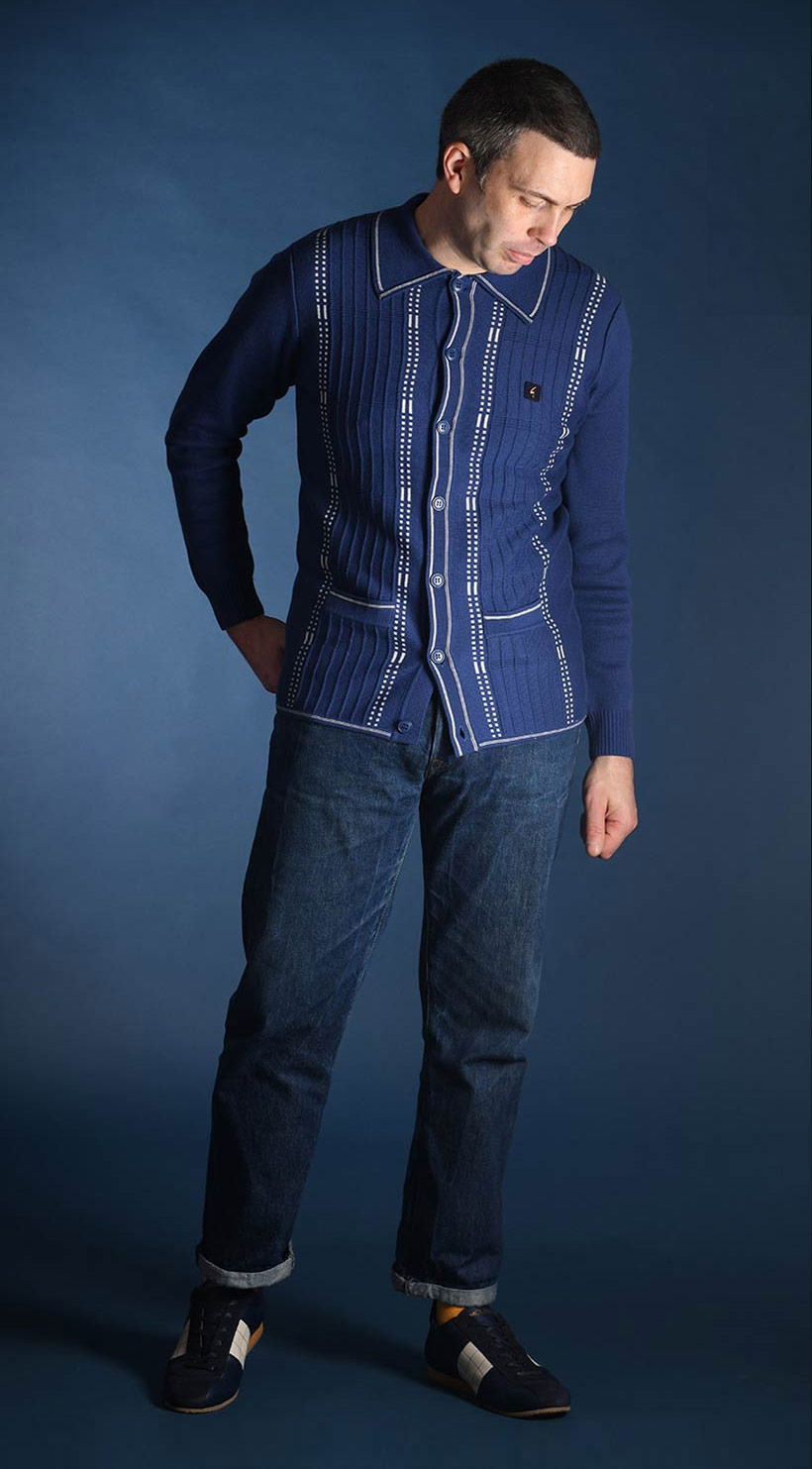
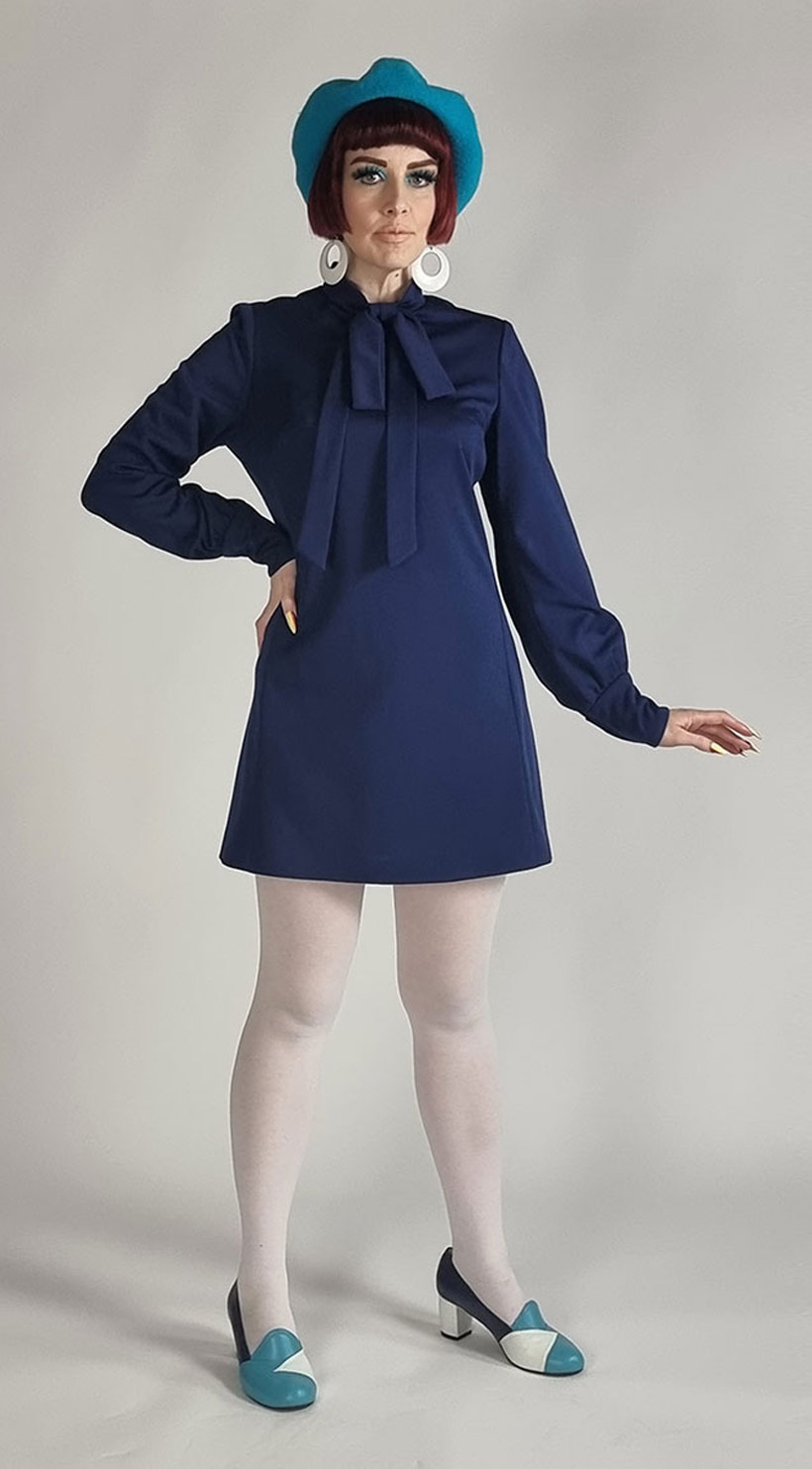
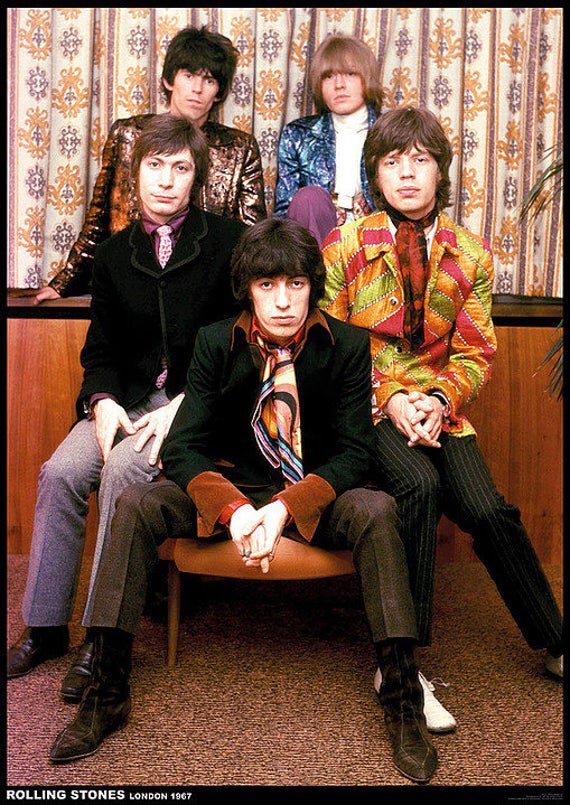 How true all this is anybody’s guess but what is known is that Robert Johnson certainly felt haunted by much in his young life from both real and imagined tragedy and he died at the tender age of just 27 (The first member of the ‘27 club’ as it came to be known).
How true all this is anybody’s guess but what is known is that Robert Johnson certainly felt haunted by much in his young life from both real and imagined tragedy and he died at the tender age of just 27 (The first member of the ‘27 club’ as it came to be known).